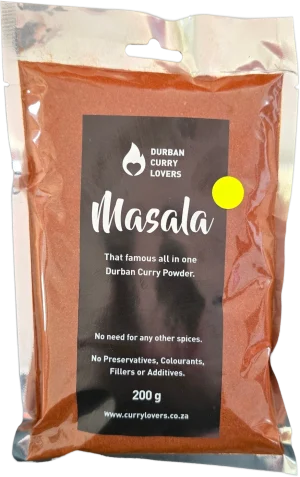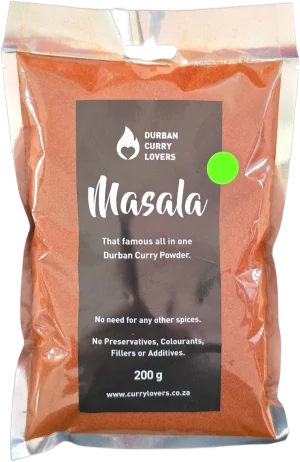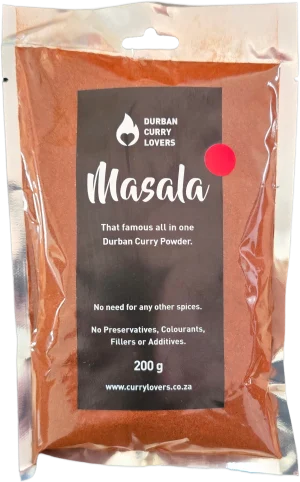
Spices have been an integral part of Indian cuisine for centuries, not only adding flavor and aroma but also offering numerous health benefits. However, the integrity of these spices is often compromised due to adulteration, a practice where inferior substances are added to increase volume or weight. This not only reduces the quality but also poses health risks. Understanding spice adulteration and learning how to detect it at home can help ensure you’re getting pure and authentic spices.
What is Spice Adulteration?
Spice adulteration involves mixing pure spices with cheaper, inferior, or sometimes harmful substances. This practice is driven by the desire to increase profit margins. Common adulterants include:
- Artificial Colors: Added to enhance the appearance of the spice.
- Chalk Powder, Starch, or Flour: Used to increase weight.
- Synthetic Chemicals: Added for fragrance or to mimic the natural flavor.
- Foreign Seeds or Leaves: Mixed with the original spice to bulk up the quantity.
Commonly Adulterated Indian Spices
- Turmeric (Haldi): Often adulterated with artificial colorants like lead chromate.
- Red Chili Powder (Lal Mirch): Can be mixed with artificial dyes and brick powder.
- Coriander Powder (Dhania): Sometimes mixed with sawdust or dried horse dung.
- Cumin (Jeera): May contain grass seeds or stone dust.
- Black Pepper (Kali Mirch): Adulterated with dried papaya seeds.
Health Risks of Adulterated Spices
Consuming adulterated spices can lead to various health issues, including:
- Digestive Problems: Such as stomach cramps, nausea, and diarrhea.
- Allergic Reactions: Including rashes, itching, and respiratory issues.
- Chronic Diseases: Long-term consumption of adulterated spices can contribute to liver and kidney damage, and even cancer due to the presence of carcinogenic substances.
How to Test for Adulteration at Home
Here are some simple methods to detect common adulterants in spices:
1. Turmeric Powder
- Test for Lead Chromate: Mix a teaspoon of turmeric powder in a glass of warm water. Let it settle. Pure turmeric will leave a yellow residue, while adulterated turmeric will leave a streak of bright yellow indicative of lead chromate.
2. Red Chili Powder
- Test for Artificial Colors: Sprinkle a small amount of chili powder on the surface of water in a glass. If the water turns red or pink immediately, it indicates the presence of artificial color.
3. Coriander Powder
- Test for Starch: Mix a teaspoon of coriander powder with water and add a few drops of iodine solution. If the mixture turns blue, it indicates the presence of starch.
4. Cumin Seeds
- Test for Stone Dust: Rub the seeds in your palms. Pure cumin seeds will feel oily, while adulterated cumin will feel gritty due to the presence of stone dust.
5. Black Pepper
- Test for Papaya Seeds: Drop a few black peppercorns in a glass of water. Real peppercorns will sink, while papaya seeds will float due to their lighter weight.
Tips to Avoid Adulterated Spices
- Buy from Reputable Sources: Purchase spices from trusted brands or stores known for quality.
- Check for Certification: Look for certification marks like FSSAI, AGMARK, or ISO on the packaging.
- Buy Whole Spices: Whole spices are less likely to be adulterated compared to powdered forms.
- Inspect the Packaging: Ensure the packaging is intact and not tampered with.
Conclusion
Spice adulteration is a significant concern, especially in a country like India where spices play a crucial role in daily cooking. Being aware of common adulteration practices and knowing how to test for purity at home can help safeguard your health and ensure you enjoy the true flavors and benefits of these essential culinary ingredients. By being vigilant and informed, you can protect yourself from the adverse effects of adulterated spices.
More info:
https://timesofindia.indiatimes.com/life-style/food-news/5-common-spices-and-how-to-do-their-adulteration-test-at-home/articleshow/109914163.cms
https://timesofindia.indiatimes.com/life-style/food-news/15-tonnes-of-fake-masala-made-with-wood-dust-chemicals-and-rotten-rice-seized/articleshow/109875307.cms



